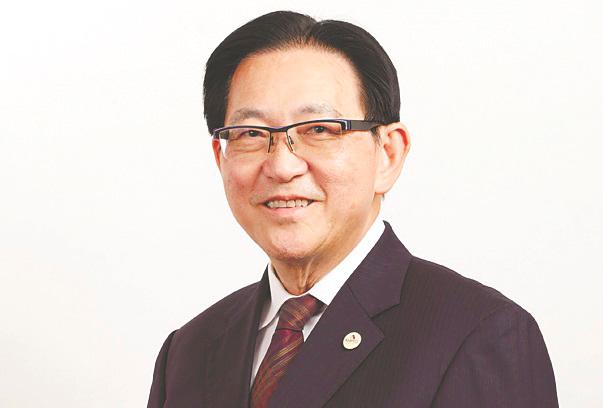KUALA LUMPUR: The Asean+3 Macroeconomic Research Office (AMRO) expects Malaysia’s ringgit to remain strong as one of the region’s best-performing currencies, according to chief economist Hoe Ee Khor.
He said Malaysia is attracting substantial capital inflows, and some Malaysian investment corporations are repatriating their investment earnings, which has also helped support the currency.
“Along with that, the cut in the US Federal Reserve rate plays a role. One of the key drivers of exchange rates is carry trade, which reflects the difference between US interest rates and the Malaysian policy rate.
“This rate differential has narrowed, thus supporting the ringgit,” he said during AMRO's latest quarterly update on the Aseean+3 Regional Economic Outlook, held virtually today.
Despite the recent slight depreciation due to signals that the US Federal Reserve may halt further rate cuts, AMRO remains optimistic about the ringgit’s continued resilience.
Commenting on the outlook, Hoe said that Malaysia’s economic prospects remain promising, with growth projections staying strong.
He said Malaysia’s gross domestic product growth rate is expected to be maintained at 4.7%, with the potential to increase to 4.9%, driven by robust investments and low inflation.
He pointed out that Malaysia’s ability to attract substantial foreign direct investment is contributing to its economic stability, with the possibility of exceeding growth targets if investment implementation strengthens beyond current forecasts.
There is optimism that with stronger-than-anticipated investment realisation, Malaysia could surpass its projected growth, setting the stage for even higher economic expansion in the near future, Hoe said.
As Malaysia prepares to unveil Budget 2025 on Oct 18, Hoe suggested that the government prioritise rebuilding fiscal space and enhancing economic competitiveness.
He explained that Malaysia ran a large deficit during the pandemic, depleting its fiscal reserves, and its debt ratio is now considerably high.
“This is a good opportunity to consolidate and rationalise the subsidies that were implemented to control inflation.
“These subsidies should now become more targeted, as they were previously broad-based. By doing so, Malaysia can help rebuild its fiscal space,” he said.
Another area where the government could focus on, Hoe said, is increasing investment spending to improve the competitiveness of the economy.
Malaysia is currently working to move up the value chain in its manufacturing sector, and the government has announced plans to invest more in infrastructure, particularly to upgrade the electronics sector.
“There is a shortage of skilled labour, and that’s another area where we believe the government could do more (to address this gap) and meet the demand of the evolving economy,” he added. – Bernama









